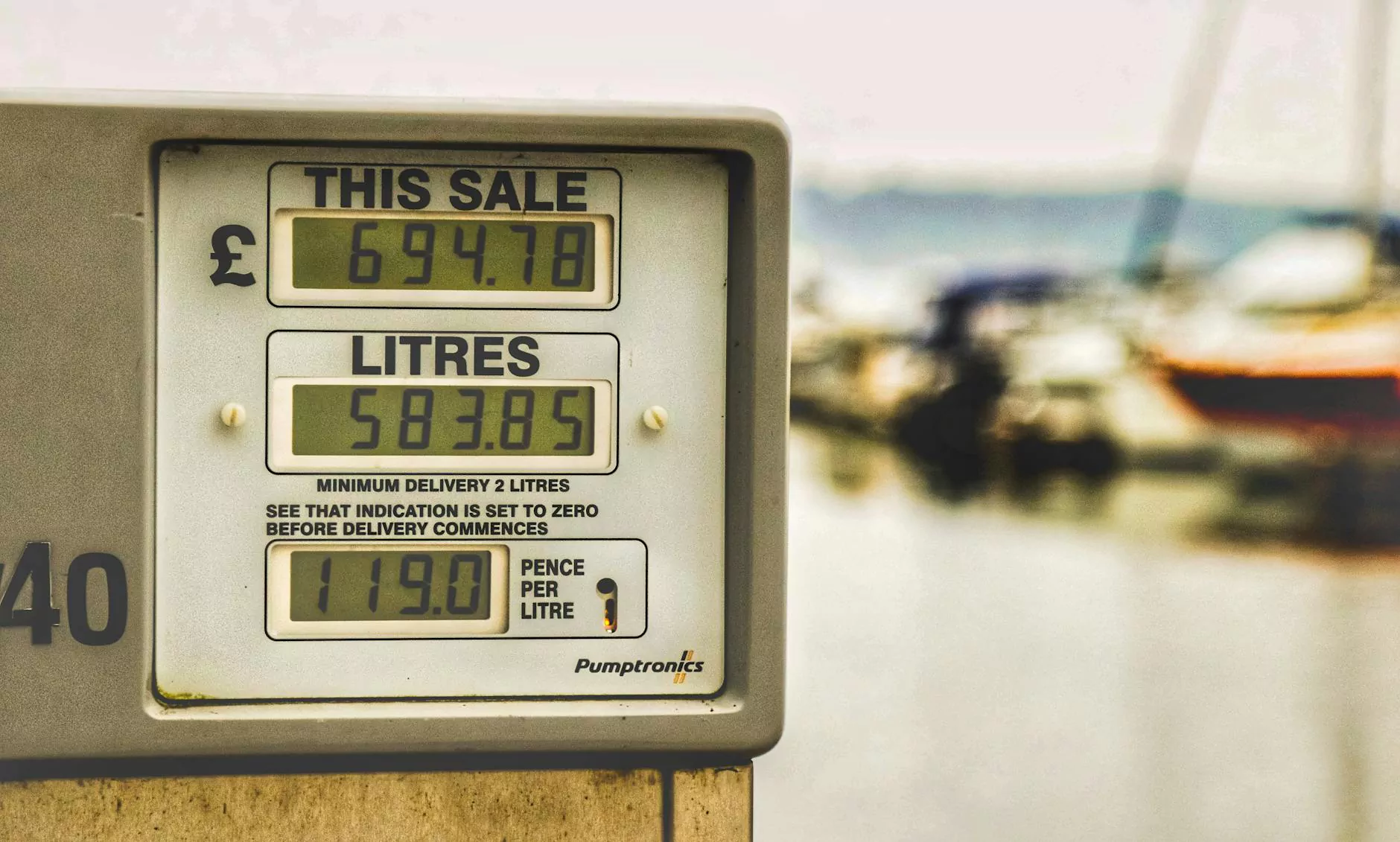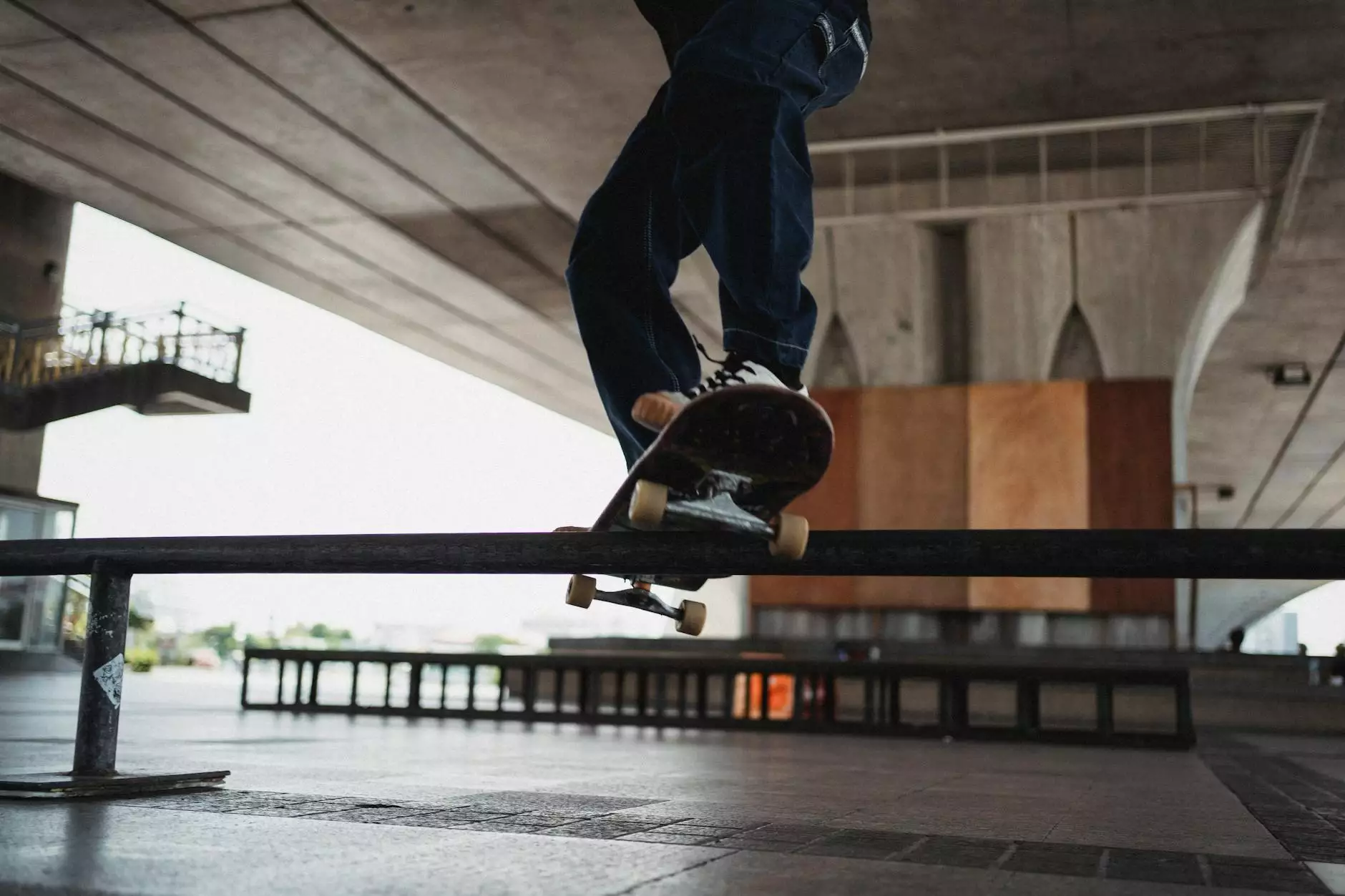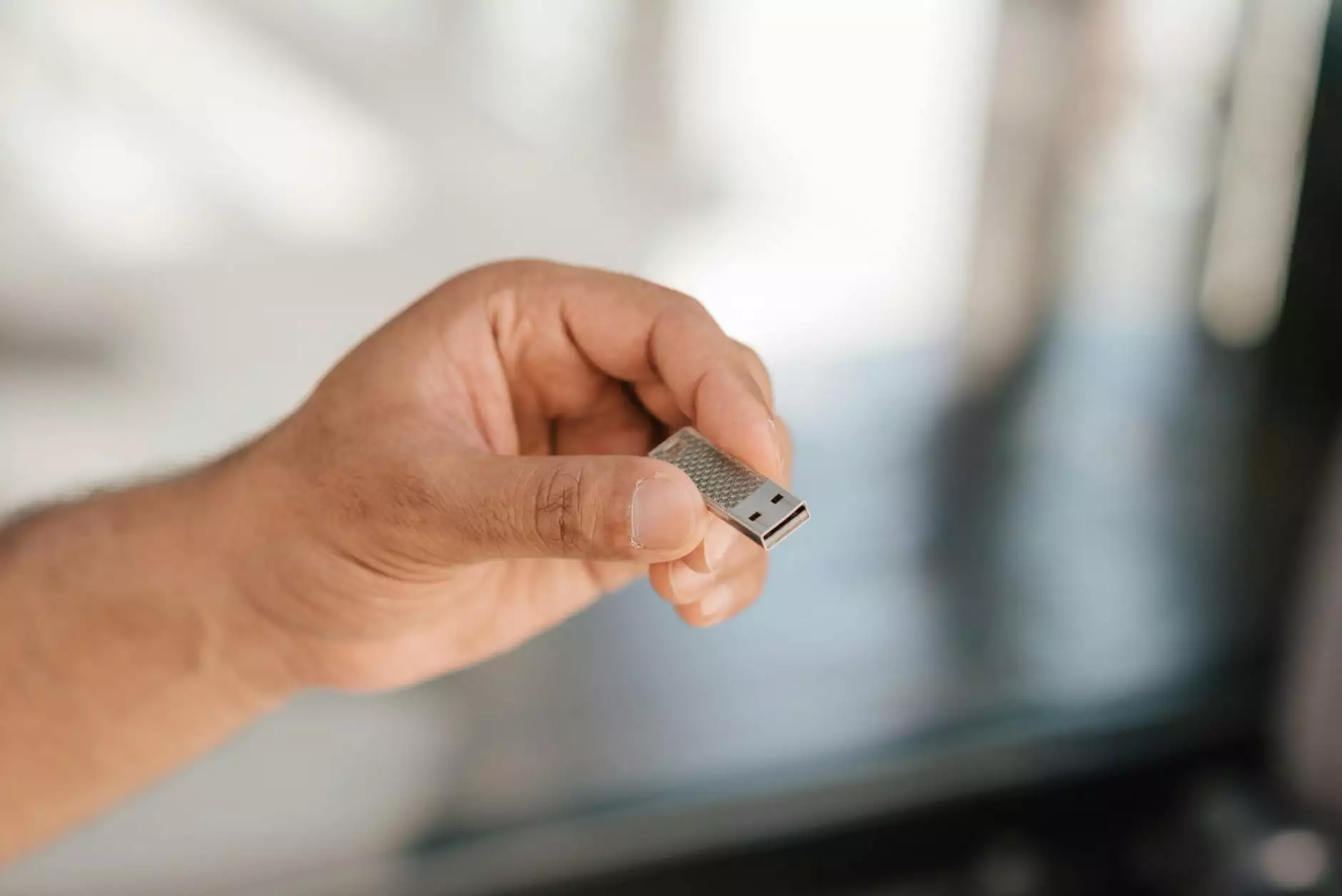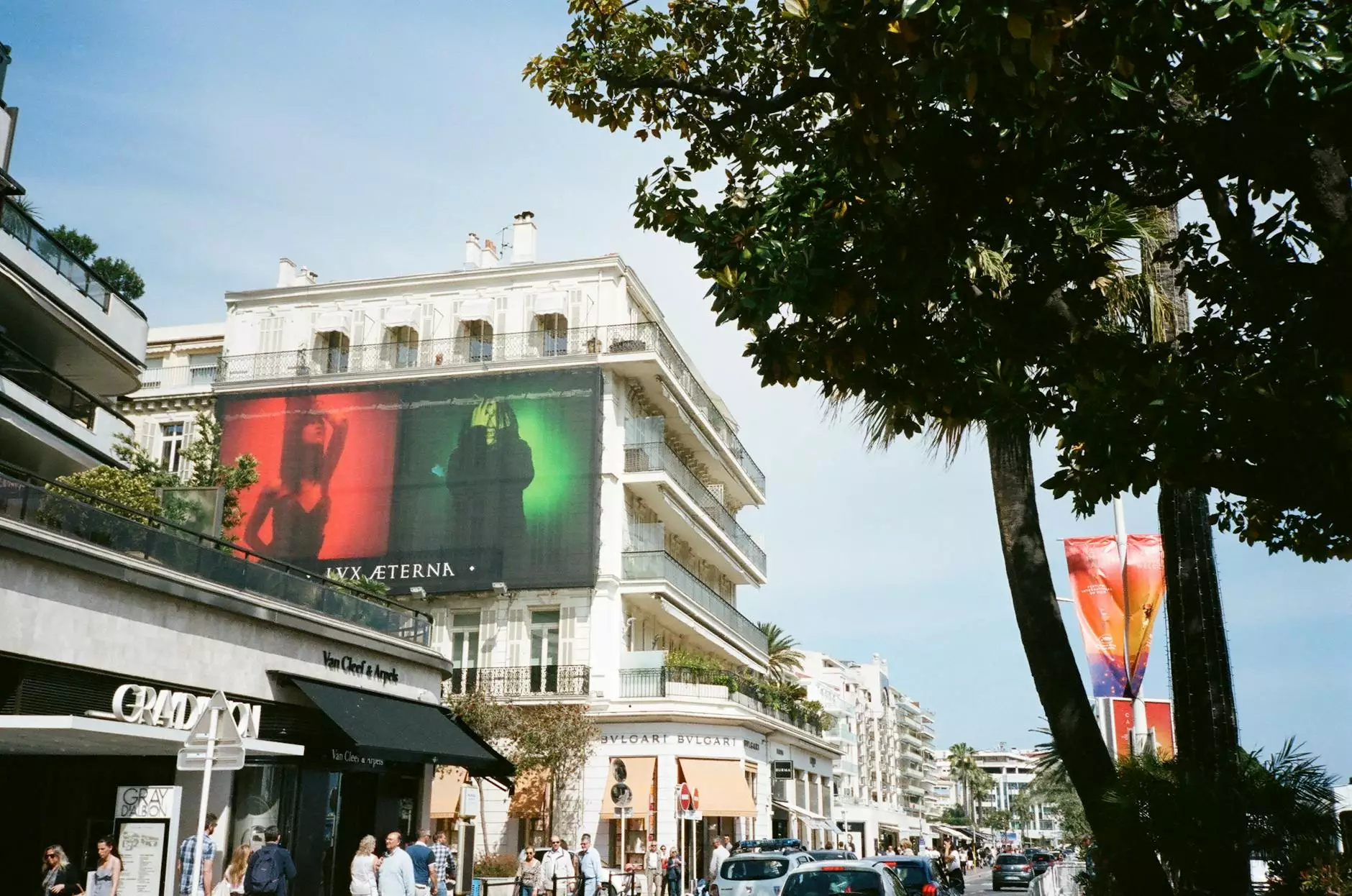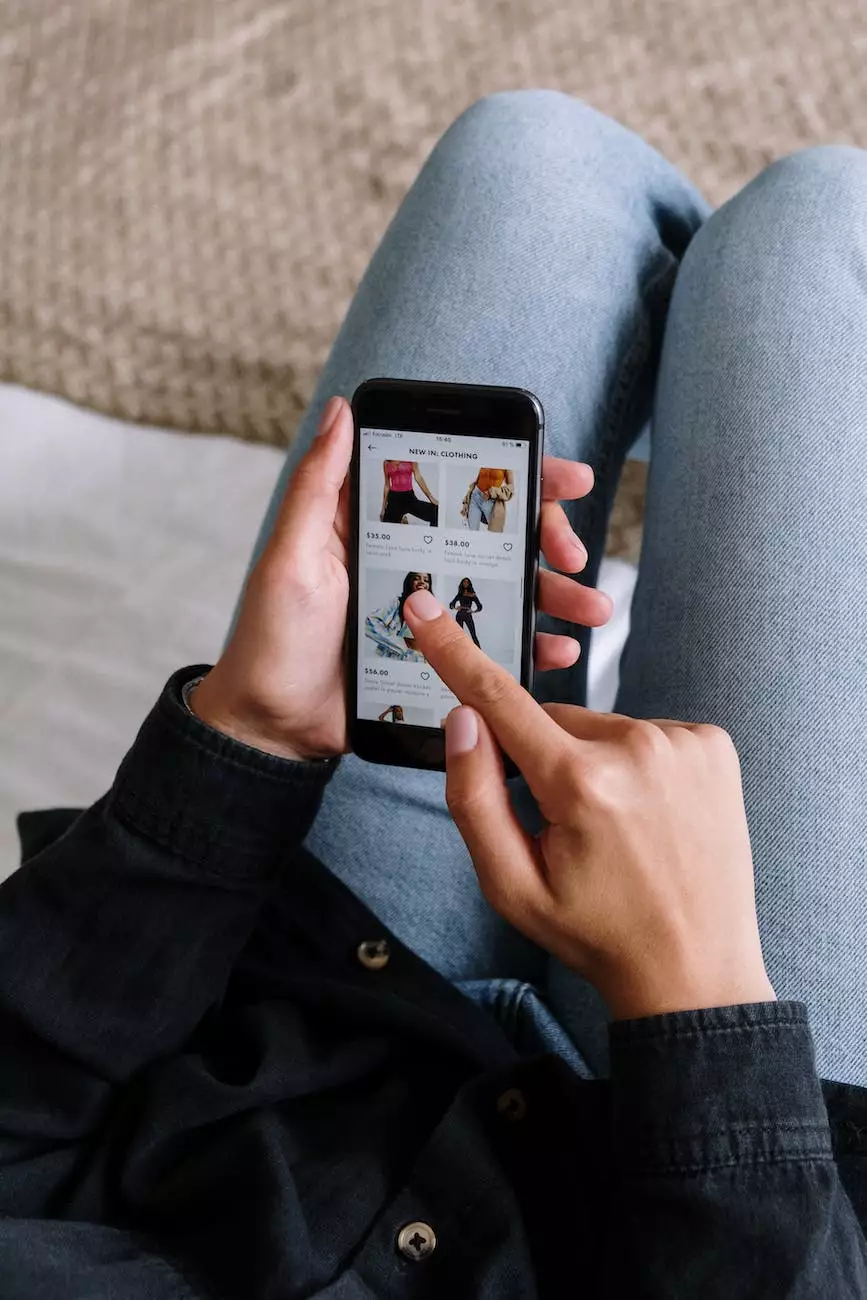How to Make Brown Out of Food Coloring
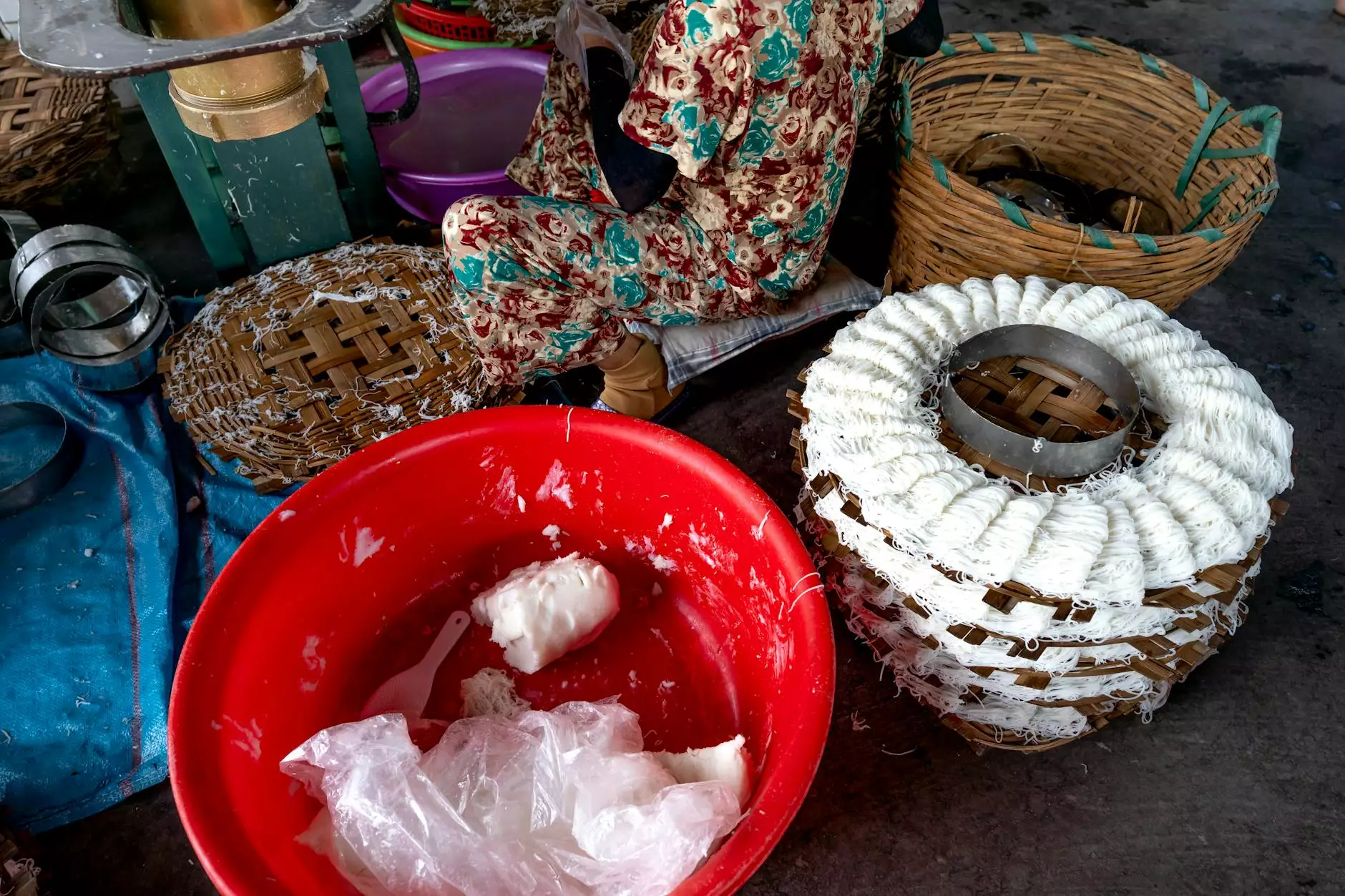
Welcome to HowToMakeEasy.com, your ultimate guide to mastering various culinary techniques. In this article, we will teach you the art of making brown using food coloring. Whether you're a cooking enthusiast or a professional chef, understanding how to create different shades of brown is essential for achieving beautiful, appetizing dishes.
Why Is Brown Such an Important Color in Cooking?
Brown is a color associated with rich flavors, depth, and visual appeal in the culinary world. It adds complexity to dishes, making them more visually appealing and appetizing. Many classic recipes and dishes require ingredients that create a beautiful brown hue, such as gravies, chocolate desserts, roasted meats, and more.
Specialty Schools and Cooking Classes to Master the Art of Making Brown
If you're looking to enhance your cooking skills and gain expertise in color manipulation, consider joining our specialty schools and cooking classes at HowToMakeEasy.com. Our experienced instructors will guide you through various techniques, including creating the perfect brown shade using food coloring.
Understanding the Basics of Color Mixing
Before we dive into creating brown, let's brush up on the basics of color mixing. In the realm of food coloring, we often use primary colors such as red, yellow, and blue. By combining these colors in specific proportions, we can achieve secondary colors like green, orange, and purple.
Pro Tip: To ensure accurate color mixing, it's crucial to use gel or concentrated food coloring rather than the liquid versions found in most grocery stores.
The Science Behind Making Brown
Brown is considered a tertiary color, resulting from the combination of primary and secondary colors. To make brown, we primarily mix complementary colors like red and green, blue and orange, or yellow and purple. Here's a step-by-step guide to creating brown using food coloring:
- Step 1: Gather Your Ingredients
- Step 2: Mix Red and Green
- Step 3: Adjust with Yellow and Blue
- Step 4: Experiment and Refine
Start by preparing all the necessary ingredients for your color mixing adventure. You'll need red, yellow, and blue food coloring, along with a clean mixing palette or small bowls to blend the colors.
In a small bowl or on your mixing palette, combine a small amount of red and green food coloring. Gradually add the colors until you achieve the desired shade of brown. Remember, it's easier to darken the brown than lighten it, so start with small amounts of each color.
If your mixture appears too dark or lacks the warmth you desire, incorporate a tiny amount of yellow food coloring. Conversely, if the brown is too warm and leans towards reddish tones, add a touch of blue food coloring to balance the hue. Continuously adjust the colors until you're satisfied with the result.
Creating brown is a subjective process, and the desired shade may vary depending on the recipe or dish you're preparing. Don't be afraid to experiment with different proportions of colors to achieve your perfect brown shade.
Conclusion
Congratulations! You've learned the art of making brown using food coloring. Remember, the ability to create different shades of brown is a valuable skill in the culinary world. Whether you're preparing a savory gravy or a decadent chocolate dessert, understanding how to achieve the perfect brown hue will elevate your dishes to the next level.
To become a master in color manipulation and various other culinary techniques, enroll in our specialty schools and cooking classes at HowToMakeEasy.com. Join us today and unlock your full culinary potential!
how to make brown out of food coloring

